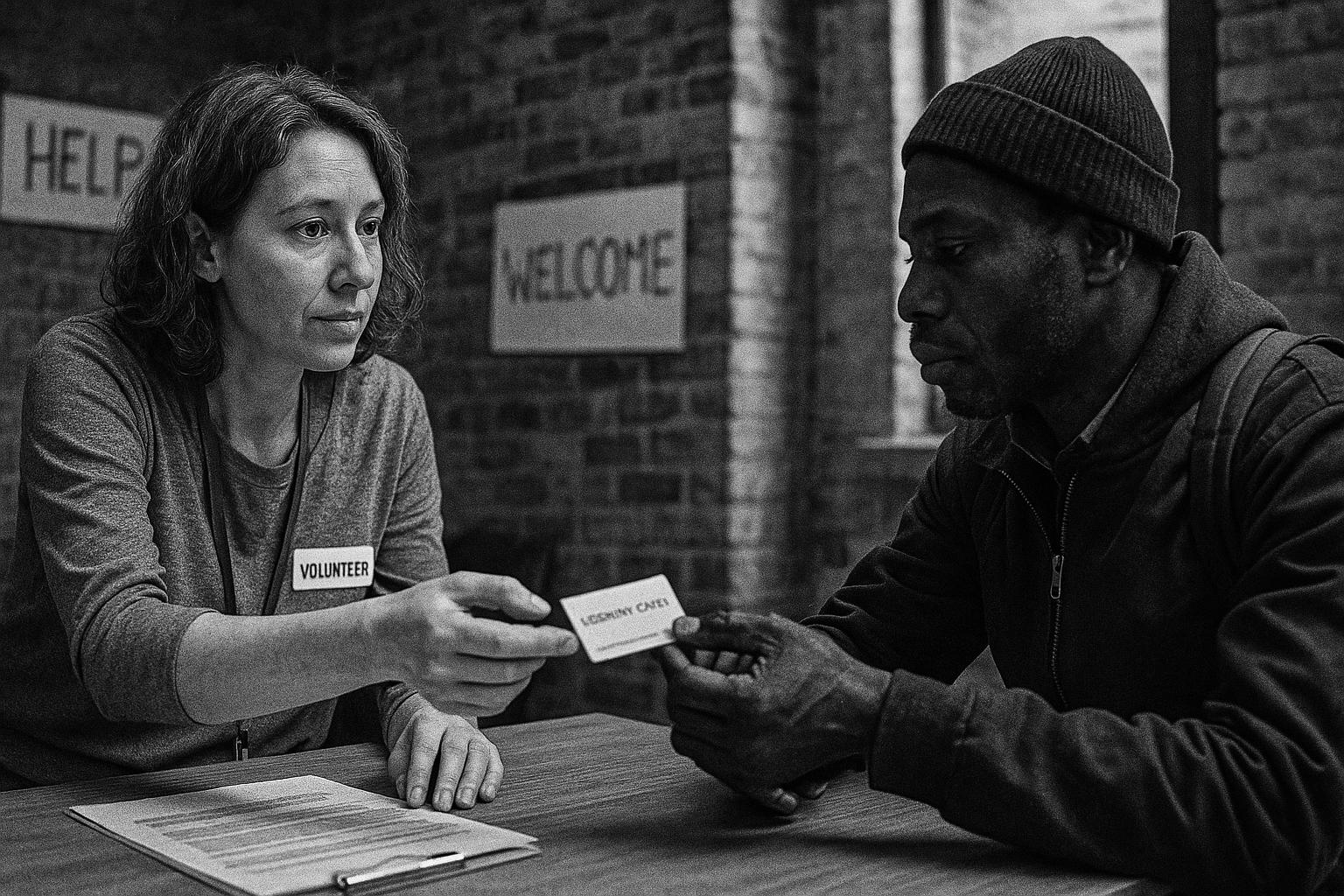Sanctuary city initiatives and local welcome networks around the UK are quietly expanding a patchwork of practical support for people seeking asylum, according to a report in the Express. Across towns and cities, councils and community groups are using libraries, theatres, schools, universities and voluntary organisations to offer everything from language tuition and digital skills training to mental‑health support, social events and sporting activities intended to help newcomers settle and take part in civic life.
Many of the schemes reported are run in partnership with established grassroots networks. The City of Sanctuary movement coordinates scores of local groups that provide advocacy, cultural activities and integration projects, and it runs an awards programme that recognises exemplary organisations working with refugees and people seeking asylum. Local authorities have leaned on that kind of partnership to scale up practical offers quickly rather than create parallel services from scratch.
London boroughs provide clear examples of how practical concessions are being used to encourage inclusion. Richmond upon Thames operates a Fairer Access scheme that gives people in emergency accommodation and sanctuary seekers a free concession card for swimming, gym sessions and group exercise at council leisure centres, while Wandsworth’s Access for All programme lists concessionary travel and a new 50 per cent discount on hired e‑bikes and e‑scooters for eligible cardholders as part of its inclusion and active‑travel strategy. Councils present these measures as ways to reduce barriers to activity, health and work while encouraging social contact and wellbeing.
Other local programmes tap into grant funding and community partnerships to broaden their reach. Cambridge City Council has launched resettlement community grants, offering tiered awards — including larger grants of up to £30,000 — for projects prioritising English‑language learning, skills development, arts and wellbeing activities designed to build community cohesion. In some larger urban areas, councils or partners also run organised leisure trips and recreational sessions — the Express notes examples such as trampolining and theatre visits in Birmingham — as part of an effort to provide normalising, social opportunities.
Northern and midlands authorities are likewise offering tailored help. Newcastle City Council runs targeted teams — including a Refugee Move On Team — that give housing advice, benefit support and referrals to employment and training hubs; libraries and local partners provide digital‑skills drop‑ins and language support. Manchester officials, the report says, work with community organisations to co‑ordinate advice and services, demonstrating the hybrid public–voluntary model many councils are relying on.
Those welcome efforts are unfolding against a backdrop of public unease and localised protest. The Express, citing GB News and council statements, reports a string of demonstrations outside hotels being used for interim asylum accommodation; in one case Epping Forest District Council lodged documents at the High Court seeking an interim injunction to stop asylum placements at the Bell Hotel in Epping. Council leader Chris Whitbread said in a council statement that the use of the hotel risked causing “irreparable harm to the local community.”
The scale of recent small‑boat crossings has sharpened political debate. The Express reports Home Office figures showing more than 50,000 detections since the Labour party won the general election on 4 July 2024 — including a single‑day count of 474 arrivals that the article said brought the total to 50,271. The paper also quoted Labour’s Baroness Smith of Malvern describing reaching that milestone as “unacceptable”, and Conservative leader Kemi Badenoch as saying Labour’s manifesto promise to “smash the criminal boat gangs” had been “just a slogan” and that crossings were “so much worse” than before the vote. Government weekly summaries themselves note that operational small‑boat figures are provisional and updated regularly.
Taken together, the picture is one of local authorities and voluntary groups attempting to square two urgent priorities: meeting immediate humanitarian and integration needs, and addressing strains on services and community cohesion. City of Sanctuary and council webpages emphasise inclusion, wellbeing and partnership working as the rationale for local schemes, while government data publications make clear that operational totals and trends are subject to frequent revision — a reminder that both planning and political debate are being shaped by rapidly changing figures.
As the national conversation continues, the balance between local welcome initiatives and community concern will be tested by both operational pressures and shifting numbers. Councils and grassroots groups say they are trying to keep integration practical and visible — through classes, leisure access and employment support — even as legal challenges and public protests underline the tensions that accompany rapid, highly visible arrivals. Readers seeking the most current operational totals should consult the government’s weekly small‑boat summaries, which are the source of the provisional figures often cited in media reporting.
📌 Reference Map:
##Reference Map:
- Paragraph 1 – [1], [2]
- Paragraph 2 – [2]
- Paragraph 3 – [3], [4], [1]
- Paragraph 4 – [5], [1]
- Paragraph 5 – [6], [2], [1]
- Paragraph 6 – [1], [7]
- Paragraph 7 – [2], [7], [3], [4], [5], [6], [1]
- Paragraph 8 – [1], [2], [7]
Source: Noah Wire Services
